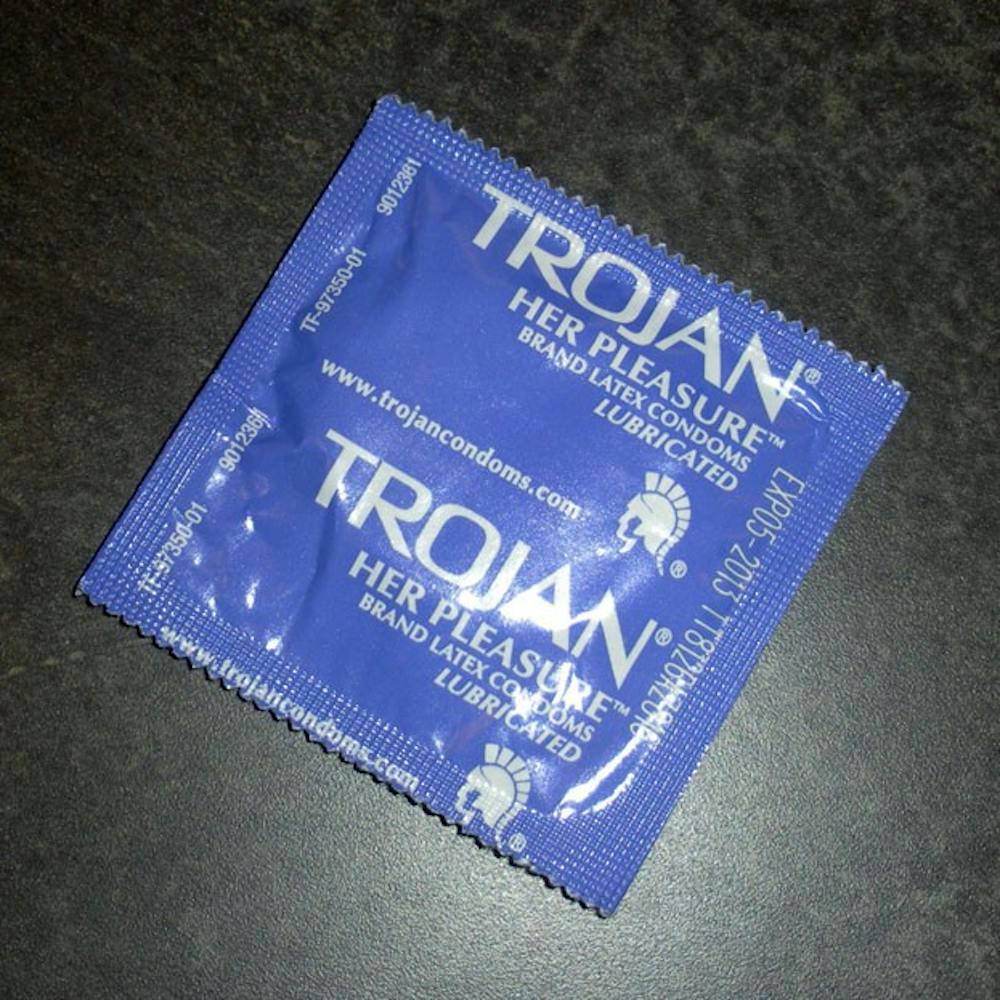Ranking Criteria
- Hours of operation
- Allow drop-ins or require appointments for student scheduling
- Quality of sexual health information and resources on website
- Contraceptive availability — free or at cost
- Condom availability — free or at cost
- HIV testing on-site (On/off campus, cost)
- STI testing on-site (On/off campus, cost)
- Lecture/outreach programs and student peer groups for sexual health education
- Sexual assault programs, resources or services
- Overall website usability and quality
- Extra credit
Ball State no longer leads Indiana universities in sexual health, according to the Trojan Condom Sexual Health Report Card.
The Trojan report is an annual survey of sexual health resources offered to students at 140 universities nationwide. Ball State placed 43rd, behind Indiana University, which was ranked 11th.
Ball State has been the top Indiana school for the past three out of four years — in 2014, 2012 and 2011 — ranking 35th, 42nd and 16th, respectively, according to the Trojan website.
IU offers various sexual health services and the Indiana Daily Student publishes a weekly Kinsey Confidential Q&A column, said IU health professor Debra Herbenick.
“I am proud that our university makes condoms available at various places on campus and our health center makes condoms, contraception and STI testing available,” Herbenick said
Purdue University was ranked 120th, a drop from 57th in 2014 and 49th in 2013.
Tammy Loew, senior assistant director of wellness programs at Purdue, said Purdue offers an array of services to students, including a condom service and STI and HIV testing.
“With the statewide reports that we see indicating an increase in STDs in Indiana and around the country, we all want to make sure we are providing the services that students need to keep them safe and healthy,” Loew said.
In 2015, the American College Health Association-National College Health Assessment (ACHA-NCHA), which is conducted at Ball State every two years, found Ball State students’ number of sexual partners is higher than the national average.
The assessment also found Ball State students are having more sex than the national average but engage in protected sex higher than the national average. The assessment showed 31 percent of Ball State students admitted to having unprotected sex in 2014-15.
The Condom Shoppe, located in the Ball State Student Health Center Room 201, stocks different styles of condoms and dental dams available to students. Students are asked to limit five condoms per visit, but can submit a condom request form available through the Health Center’s website.
An estimated one in four college students have an STI, according to Stanford University’s Sexual Health Peer Resource Center. The Office of Health, Alcohol and Drug Education offers free HIV testing and counseling. It also offers sex education, and educational presentations can be requested, according to Ball State's website.
Ball State representatives did not respond for comment.





